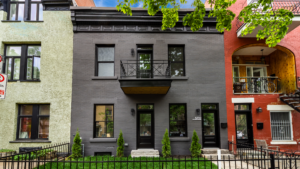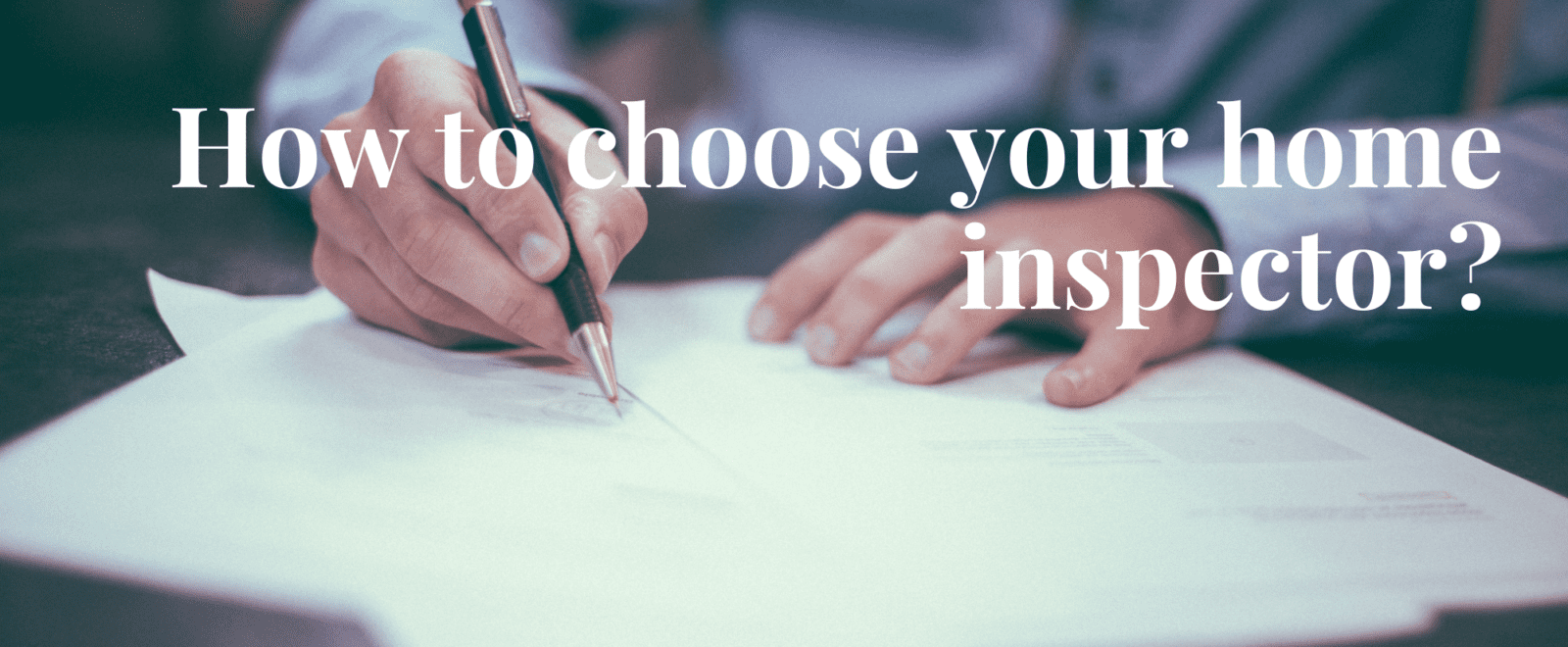How to choose your home inspector? - Key Information
Inspection is an essential component of the real estate buying or selling process. Conducted by a qualified professional, it represents a thorough examination of the property, its systems, and its components. This critical step enables buyers to make informed decisions by assessing the overall condition of the property, identifying potential hidden issues or defects, and estimating potential repair or renovation costs.
In the purchase agreement, there may be an inspection clause, conditioning the purchase on such an evaluation. Therefore, the buyer must have the property inspected by a home inspector before finalizing the purchase. This professional’s mission is to describe and evaluate the physical condition of the building, thus revealing any concerning elements or major issues not mentioned in the seller’s disclosure form, and providing this information in a written report. Pre-purchase inspection thus protects the buyer before completing the real estate transaction.
As part of the buying process, the collaborating broker accompanying the buyer should recommend a comprehensive pre-purchase inspection by a professional. The choice of the home inspector is of great importance in the real estate purchase. Here are some steps to follow when selecting a home inspector after submitting an offer on a property.

1. Search for a certified inspector
In Quebec, there is no professional order for pre-purchase inspectors. However, there are home inspector associations that have developed practice guidelines to guide inspectors in their profession. Additionally, an inspector may be a member of a professional order such as the Order of Certified Appraisers of Quebec, the Order of Professional Technologists of Quebec, or the Order of Architects of Quebec. These various orders aim to protect the client and ensure that their members have professional liability insurance.
2. Check professional liability insurance (or errors and omissions insurance)
Professional liability insurance, commonly known as errors and omissions insurance, protects the professional from the costs associated with losses suffered by the client in case of errors or incorrect advice. Ensure that the home inspector is properly insured in case of issues or professional errors during the inspection. Obtain written proof to verify this. This can protect you in case of disputes.
3. Ask for recommendations
To find a suitable home inspector, ask your real estate agent for recommendations. They will be able to provide you with a list of quality inspectors, and you will have the freedom to make your own choice. You can also ask your acquaintances for references. Personal recommendations are often valuable.
4. Read online reviews
Online reviews provide an authentic insight into the past customers’ experiences with a home inspector. This helps you get an idea of the quality of service offered and the inspector’s reliability. Feel free to read Google and Yelp reviews to learn more about the services offered by potential inspectors.
5. Get a fair price
While the cost of the inspection should not be the sole determining factor, it’s important to compare rates from different home inspectors to ensure you find a professional who offers good value for money. It’s worth noting that your real estate broker cannot pay the home inspector’s fees as it could lead to conflicts of interest. You will need to cover this cost. A competent inspector will charge for travel, the inspection itself, and the production of the report. On average, in the Montreal region, inspectors charge $700 for divided and undivided condominiums. This cost increases to $900 for single-family homes. Some inspectors may charge a lower amount but prioritize quantity over the quality of the inspection, so be cautious.
6. Ask the right questions
It is important to be prepared and have a list of questions to ask the inspector. Typical questions would include: What is your training? How many years have you been practicing in this field? Are you a member of a professional association or inspector’s association? On average, how many inspections do you conduct per week? Are you an expert in a specific area/neighborhood of Montreal? Are you specialized in a specific type of property (e.g., condominium, house, multiplex, etc.)? What is the turnaround time between the inspection and the production of the report?
7. Learn about the inspection report
After an inspection, a quality home inspector will provide an inspection report that should be clear and explain the potential consequences for each issue. Before selecting your inspector, ask potential inspectors questions about the elements that will be included in the inspection report to better understand how it will be detailed.
8. Trust your instinct
Choose a home inspector with whom you feel comfortable and in whom you have confidence to conduct a thorough and impartial inspection.
Choose a home inspector with whom you feel comfortable and in whom you have confidence to conduct a thorough and impartial inspection.
As mentioned, the inspection is a crucial step to ensure that you are investing in a property in good condition and free from hidden defects. Once you have taken all these factors into account, you should be able to select a competent home inspector to examine the property you are considering purchasing. Additionally, don’t hesitate to contact your real estate broker, who will provide valuable advice for making an appropriate choice of a home inspector.
Encountered issues during the inspection? Check out our article : Is it possible to withdraw from an offer to purchase following an inspection?
Thomas Audibert, residential and commercial real estate broker, answers this question
Questions about the subject? Contact a real estate broker
Read more real estate articles

Co-ownership: advantages and disadvantages
In Montreal – whether in the Plateau Mont-Royal, Rosemont La Petite-Patrie or Villeray areas – you’ll find a large number of properties available in divided

Financial repossession: advantages and disadvantages
If you’re looking for your new home, chances are you’ve already noticed the Repossession search criterion on Centris, which allows you to filter the properties

Can a buyer move into a property before passing through the notary’s office?
Some buyers wonder whether it’s possible to move into their new property before going to the notary? It is possible to do so, but this

The Promise to Purchase for an undivided co-ownership
The Promise to Purchase for an undivided co-ownership The Promise to Purchase an undivided property in Quebec differs significantly from that of a divided condominium.

Tranquilli-T: A program offered by RE/MAX real estate brokers
Tranquilli-T – Key Points The Tranquilli-T Program by RE/MAX We understand that buying or selling real estate is a significant step in your life. Our

The conversion of a duplex or triplex (plex) into a cottage (single-family house): a project gaining popularity
Converting a plex into a single-family house – Neighborhoods in Montreal A unique real estate project One of the real estate assets that particularly catches



